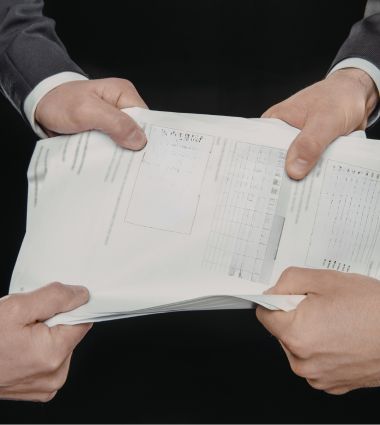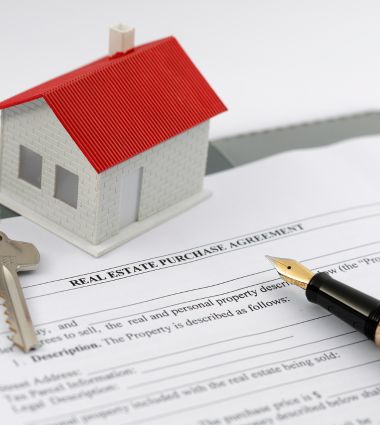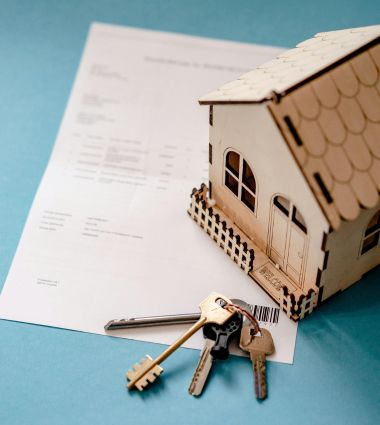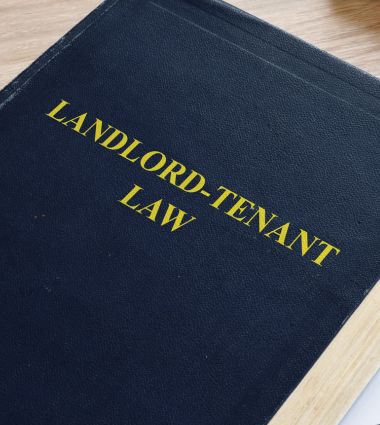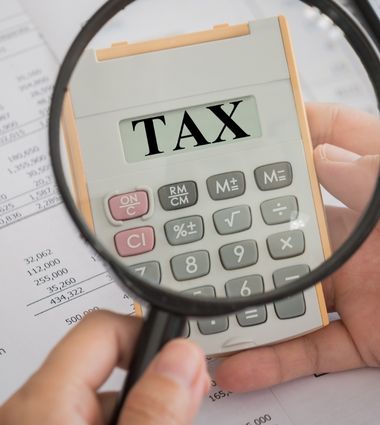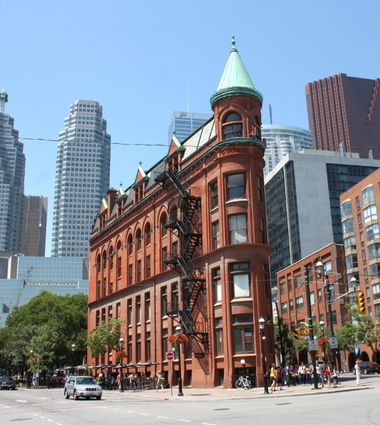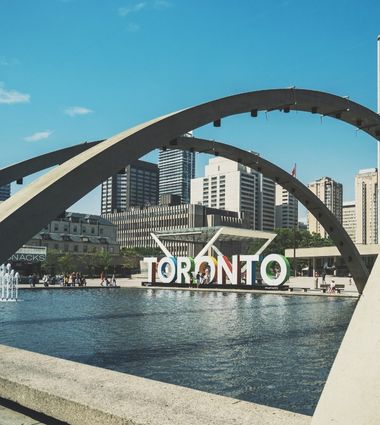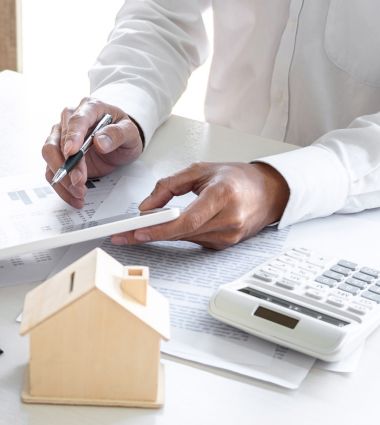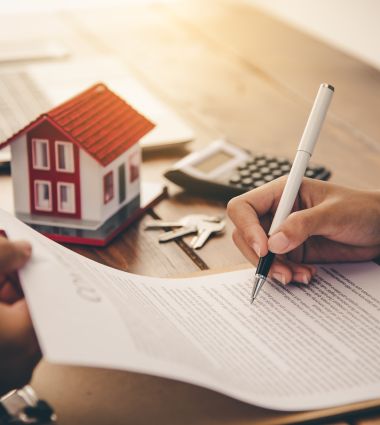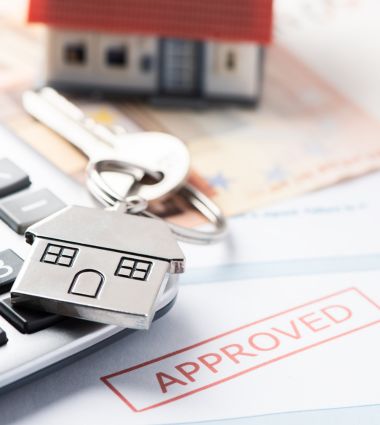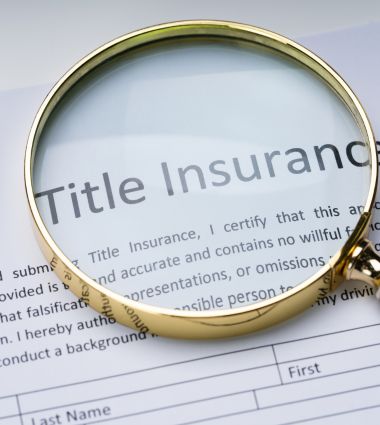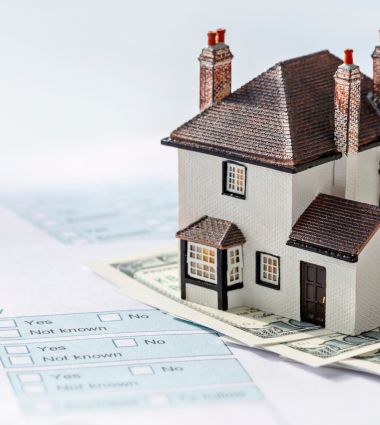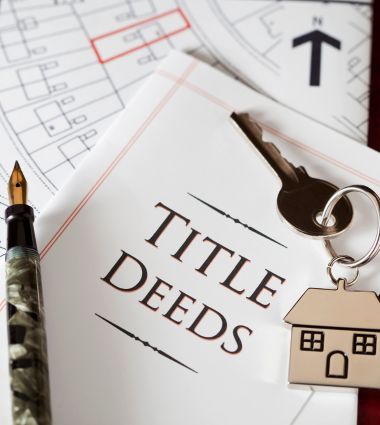Understanding Toronto Property Tax and How It Affects You
Owning a home in Toronto comes with its share of expenses, and property tax is a big one. It's something you can’t avoid, and if you don’t stay on top of it, it can lead to financial stress. Whether you're a first-time buyer or have owned your home for years, understanding how property tax works can help you manage costs and avoid surprises. Stay till the end to know the basics, how your tax bill is calculated, and practical tips to stay in control.
What is Toronto Property Tax?
If you own a home or any property in Toronto, you'll need to pay property tax every year. This tax helps the city run smoothly by funding things like schools, garbage collection, road repairs, and emergency services. It’s how the city keeps everything working for the people who live and work here.
The amount you have to pay isn’t the same for everyone. It depends on a few things, mainly how much your property is worth and the tax rate set by the city. Toronto uses a system where properties are assessed by the Municipal Property Assessment Corporation (MPAC). They look at things like your home’s location, size, and condition to figure out its value. The city then applies a tax rate to that value to calculate your bill.
For example, if your home is valued at $700,000 and the city’s tax rate is around 0.61%, your yearly tax bill would be about $4,270. These rates can change every year based on the city’s budget and needs. Property owners also pay additional charges, like fees for city-building projects or special services in certain neighborhoods.
Whether you own a house, condo, or even a piece of vacant land, property tax is something you can’t ignore. Paying it on time is important, as late payments can lead to penalties and interest charges. Knowing how it works can help you plan ahead and avoid any surprises when tax season comes around.
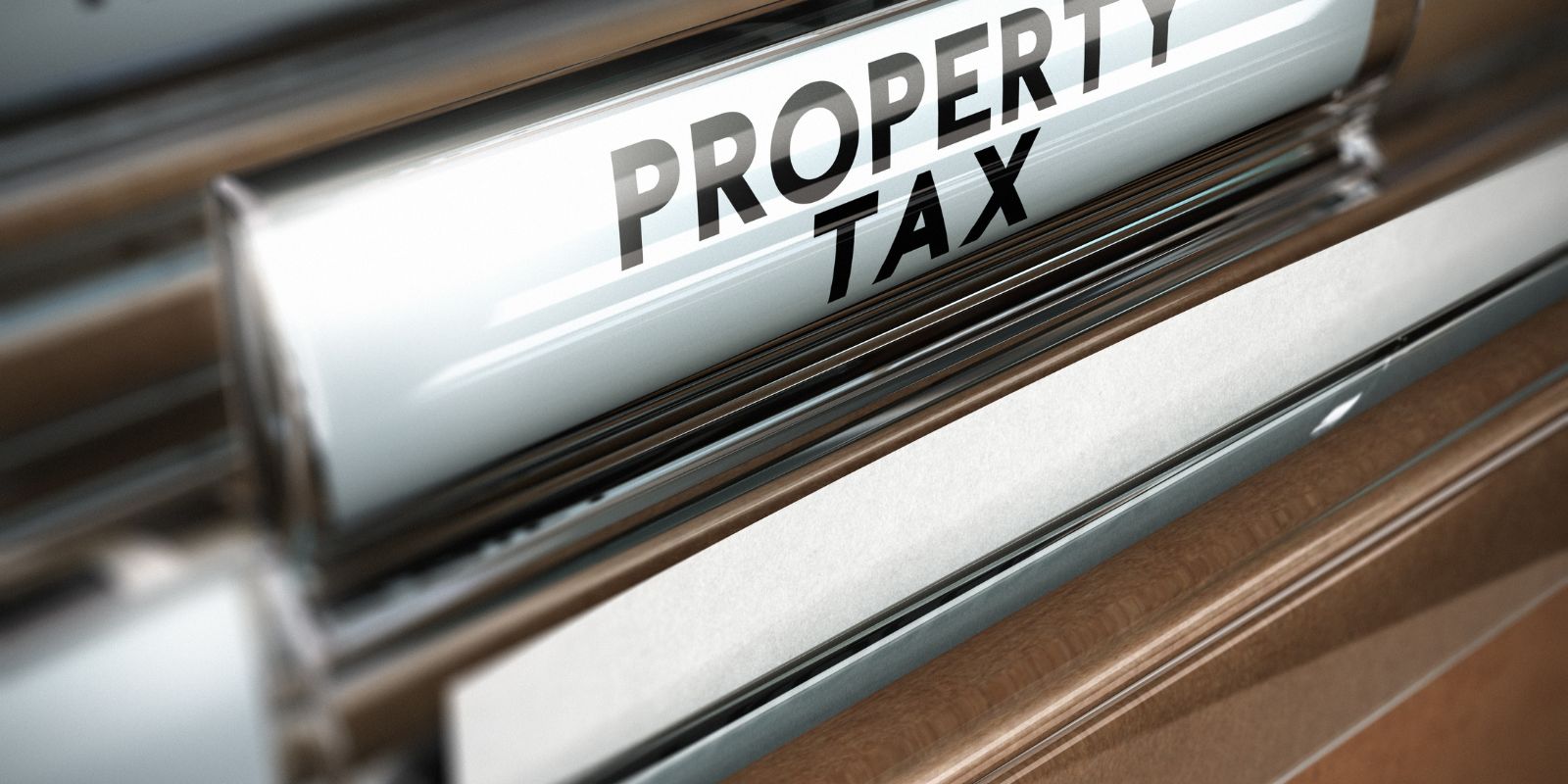
How Property Tax is Calculated in Toronto
Your property tax bill isn't pulled out of thin air — it’s based on a few key factors. The city uses a system to figure out how much each homeowner should pay, and understanding it can help you avoid surprises.
1. First, there’s your property’s assessed value. This is determined by the Municipal Property Assessment Corporation (MPAC), a government agency that looks at things like your home's market value, size, location, and any upgrades you've made. If you've recently renovated your kitchen or added a new deck, it could bump up your home's value — and your tax bill. MPAC updates property assessments every few years to keep up with market changes.
2. Next, you have the tax rate. The City of Toronto sets different rates depending on the type of property you own. Residential properties, like houses and condos, have lower rates than commercial or industrial buildings. These rates can change each year based on the city’s budget and financial needs.
3. On top of that, there are extra charges. The city sometimes adds special fees, such as the city-building levy, which helps pay for infrastructure projects like transit improvements and road repairs. These fees are applied across the city and can increase the total amount you owe.
Let’s say MPAC values your home at $800,000 and the current tax rate for residential properties is 0.611013%. That means you’d pay about $4,888 in property taxes for the year. Keep in mind that tax rates can change, so it’s a good idea to check the city's website or your tax bill to get the latest numbers.
Understanding how your tax is calculated can help you plan your finances better and avoid any unexpected costs. If you think your home’s assessed value is too high, you might have options to challenge it and potentially lower your tax bill.
What Can Affect Your Property Tax Bill?
Property taxes aren’t set in stone — they can change over time for a few reasons. If you’ve noticed your bill creeping up, it’s usually because of one or more of these factors.
First, there’s your home’s value. If property values in your neighborhood are rising, your taxes will likely follow. Toronto’s real estate market has its ups and downs, but in general, prices have been climbing for years. Even if you haven’t made any changes to your home, if houses around you are selling for higher prices, MPAC might decide yours is worth more too.
Then there’s renovations. Making improvements to your home — like adding a second bathroom, finishing the basement, or putting in a new deck — can increase its value. The more your home is worth, the more you'll pay in taxes. Even small upgrades, like installing new windows or modernizing your kitchen, can bump up your assessment.
Lastly, tax rates can change. The City of Toronto sets property tax rates every year based on its budget. If the city needs more money for things like public transit, road repairs, or emergency services, they might increase the rates. This means even if your home’s value stays the same, you could still end up paying more.
To stay ahead of any surprises, it’s a good idea to keep an eye on the city’s budget plans and review your property assessment regularly. If you think your home has been overvalued, there are ways to challenge it and possibly lower your bill.
How to Pay Your Property Tax
Paying property tax in Toronto is pretty straightforward, and the city offers a few ways to do it, so you can choose what works best for you.
One option is monthly payments. This spreads out the cost over the year, making it easier to manage alongside other bills. Many homeowners prefer this because it’s predictable and avoids the stress of a big payment all at once.
If you’d rather get it over with, there’s the lump-sum payment. This means you pay the full amount for the year in one go. It’s a good option if you’ve set aside the money and don’t want to think about it again until next year.
Most people find it easiest to pay online. You can do it through your bank’s website or set up pre-authorized payments, where the money comes out automatically on the due date. This way, you won’t have to remember deadlines or worry about late fees.
Speaking of late fees — Toronto charges interest if you miss a payment, and those extra costs can add up quickly. Whether you pay monthly or all at once, it’s important to plan ahead to avoid penalties. If you’re ever unsure about how much you owe or when it’s due, you can check your account online through the city’s website.
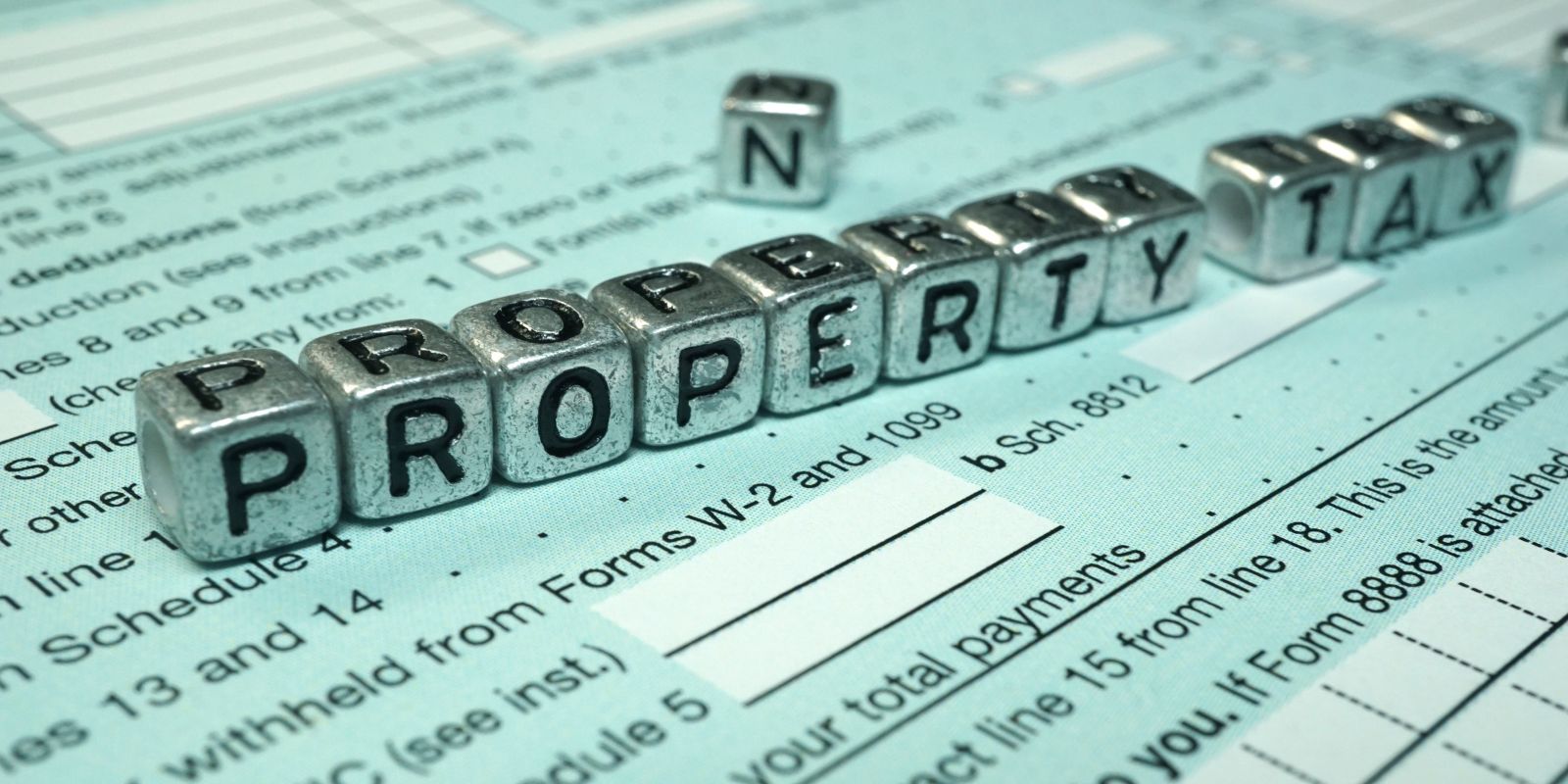
Can You Lower Your Property Taxes?
Yes, it’s possible to reduce your property tax bill, but it depends on a few things. If you believe the city has valued your home too high, you can ask for a reassessment. The Municipal Property Assessment Corporation (MPAC) is responsible for valuing properties across Ontario. They look at things like your home's location, size, and recent sales in the area. If you think they got it wrong, you can challenge their assessment through something called a "Request for Reconsideration." If they agree, your home’s value could be lowered, which means you'll pay less in taxes.
Toronto also has programs that can help certain homeowners save money. Seniors, people with disabilities, and low-income families may qualify for tax relief or rebates. For example, the city offers a property tax deferral program that allows seniors and low-income households to postpone part of their tax payments until they sell their home. There are also programs that provide grants to help with property taxes if paying them becomes too difficult.
If you're not sure what you qualify for, the best thing to do is check the City of Toronto’s website or speak to a tax professional who can walk you through the options. It’s always worth looking into because even a small reduction in taxes can make a big difference over time.
How to Appeal Your Property Assessment
Think your property taxes are too high? You’re not stuck with them. If you feel your home’s value has been overestimated, you can challenge it. The first step is to check the details of your property assessment through the Municipal Property Assessment Corporation (MPAC) website. They assess things like your home’s size, age, location, and any upgrades you've made. If something doesn't add up — maybe they have the wrong square footage or missed a major repair — you can ask for a review.
This process is called a Request for Reconsideration (RFR), and it’s free. You’ll need to explain why you think your home’s value is too high and provide proof, like recent sale prices of similar homes in your area. If MPAC agrees, they’ll adjust your assessment, which could lower your property tax bill.
If you're not happy with MPAC’s response, you can take things further by filing an appeal with the Assessment Review Board (ARB). This is a more formal process, and you might need to present documents or even attend a hearing to argue your case. It takes more time, but if you’re convinced your home’s value is incorrect, it could be worth it.
The Role of a Real Estate Lawyer
Dealing with property assessments and taxes can get complicated, and that’s where you will need a real estate lawyer. They can go through your tax documents, find mistakes, and make sure you're not paying more than necessary. If you're appealing your assessment, they can help gather the right information and handle the paperwork, so you don’t miss any deadlines or important details.
A lawyer can also be helpful when you're buying or selling a home. Property taxes don’t just stop when ownership changes hands — there might be outstanding taxes or new charges that need to be sorted out. Having a legal expert to guide you through it can save you from unexpected costs later on.
Planning for Future Property Tax Changes
Property taxes usually go up over time, and while you can't avoid them, you can be ready. One smart way to stay on top of things is by setting aside a bit of money each month. Think of it like saving for holiday gifts — small amounts add up and make big bills easier to handle when they come.
It's also a good idea to follow what's happening at city hall. Toronto's city council reviews tax rates every year based on things like budget needs and local projects. Keeping track of these updates can give you a heads-up before any increases hit your bill. You can check their website or follow local news for updates.
Another way to stay ahead is by knowing your options for tax relief. Toronto offers programs to help seniors, low-income families, and people with disabilities manage their tax bills. These programs have deadlines, so it's worth marking them on your calendar to make sure you don’t miss out.
Owning a home in Toronto comes with its fair share of expenses, and property taxes are just part of the deal. But with a little planning and the right information, you can avoid last-minute surprises. And if things ever get too confusing, your legal support can help you figure out your options and make sure you're not paying more than you should.
Real Estate
Family Law
Wills & Estates
Immigration
Join Our Mailing List.
Sign up with your email to receive our newsletter and stay informed about the latest legal developments and special offers.





